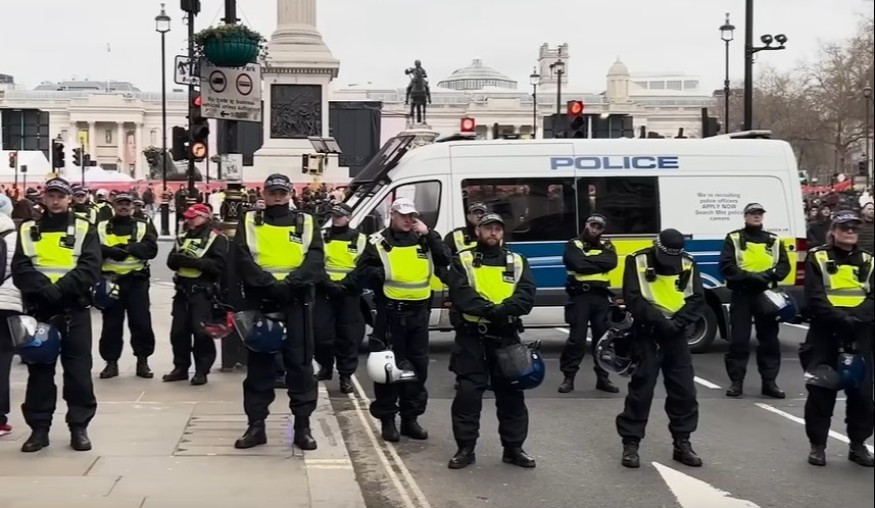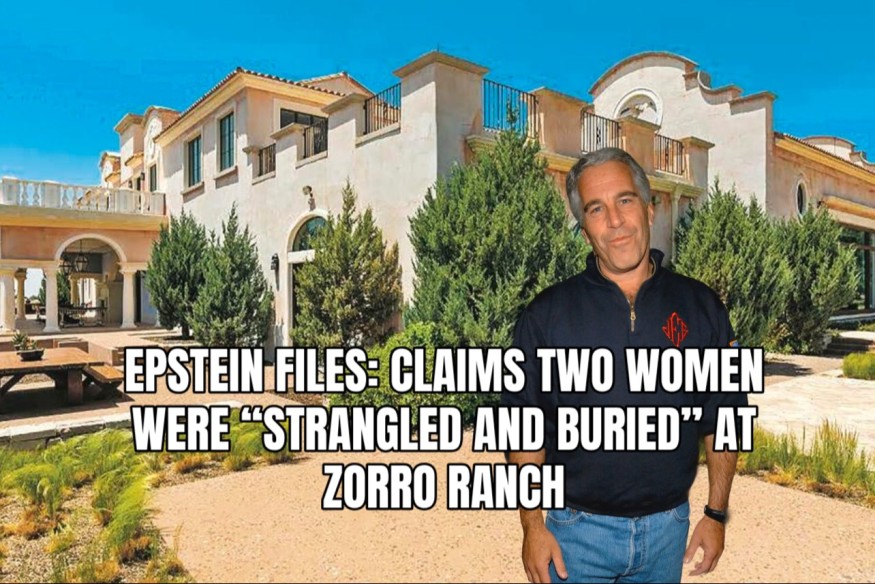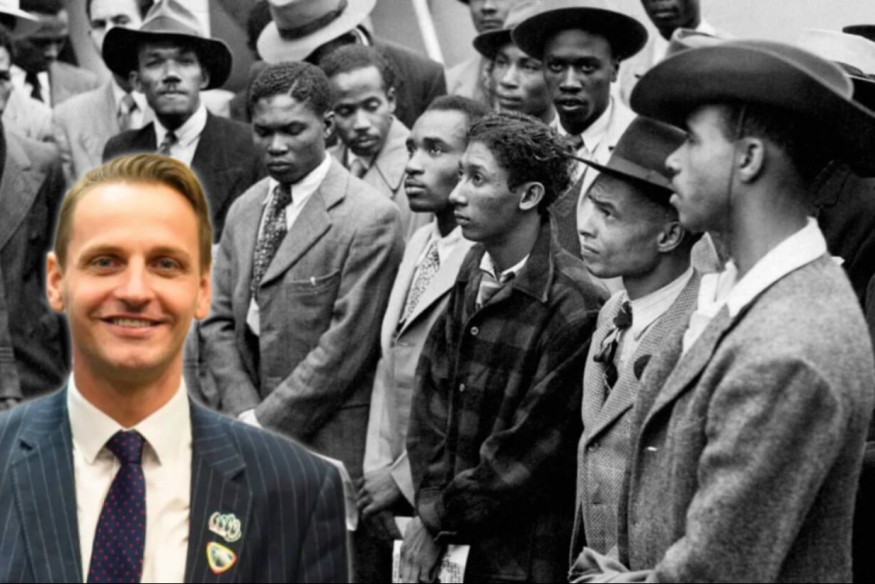
March 12, 2025
BY - ESHERU
The Rising Threat: How Far-Right Extremism and White Nationalism Endanger Britain’s Future
In recent years, Britain has witnessed a disturbing rise in far-right extremism and white nationalism, a trend that has drawn international concern. The United Nations warned as early as 2021 that white nationalism was on the rise in the UK, and since then, the situation has only worsened. This growing ideology does not exist in isolation; it fuels racism, social division, and even acts of violence. If left unchecked, the expansion of these extremist beliefs threatens not only minority communities but also the core values of democracy, equality, and social cohesion.
The Normalisation of Hate
One of the most dangerous aspects of rising far-right ideology is the way it has infiltrated mainstream discourse. No longer confined to the fringes of society, extremist narratives have been emboldened by social media, opportunistic politicians, and radical online communities. Platforms like X (formerly Twitter), Facebook, and YouTube have become breeding grounds for racist rhetoric, conspiracy theories, and xenophobic fearmongering, all of which serve to radicalise individuals and push hate speech into everyday conversations.
The spread of misinformation plays a significant role in this shift. False narratives about immigration, crime, and the supposed decline of “British values” have been deliberately crafted to stoke fear and resentment. When these ideas are amplified by politicians and public figures, they gain legitimacy, making it increasingly difficult to challenge or counteract them.
The Real-World Consequences
The rise of far-right extremism has dire real-world implications. Hate crimes have surged across the UK, with racially motivated attacks increasing year after year. The Home Office reported in 2023 that racially and religiously aggravated offenses had reached record highs, demonstrating that hateful rhetoric is translating into tangible harm against communities.
Terrorism experts have also warned that white nationalist ideology is driving a new wave of radicalisation. According to intelligence reports, far-right terrorism has become one of the fastest-growing domestic security threats. Cases of lone wolf attacks and organised extremist cells highlight the increasing willingness of individuals to act on violent racist beliefs.
Moreover, the political landscape is shifting in response to these movements. Far-right political parties and organisations are gaining traction, and mainstream parties have, at times, adopted nationalist rhetoric to win over radicalised voters. This normalisation of extreme ideologies weakens democratic institutions and opens the door for policies that marginalise ethnic minorities, immigrants, and other vulnerable groups.
A Call to Action
Addressing the rise of far-right extremism and white nationalism requires a multi-pronged approach. Social media platforms must be held accountable for the spread of hate speech and misinformation. Governments need to strengthen anti-racist education, enforce stricter laws against hate crimes, and crack down on extremist organisations. Furthermore, civil society and grassroots movements must work to counteract racist narratives and promote inclusivity.
The rise of extremism in Britain is not just a problem for minority communities it is a danger to the entire nation. History has repeatedly shown that when hate goes unchallenged, it spreads like wildfire, consuming societies from within. Britain must take decisive action before it is too late, ensuring that the future is one of unity, not division.







